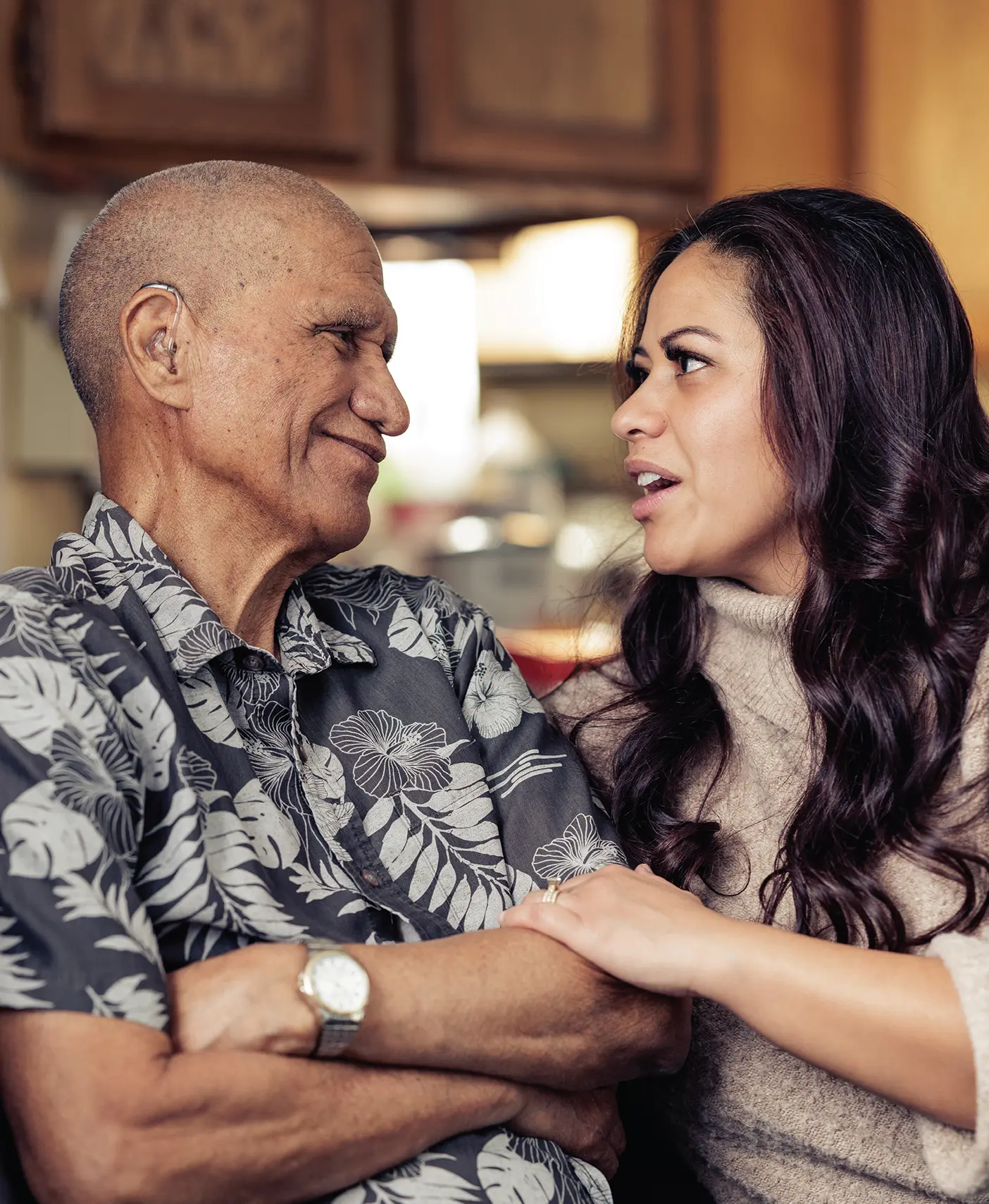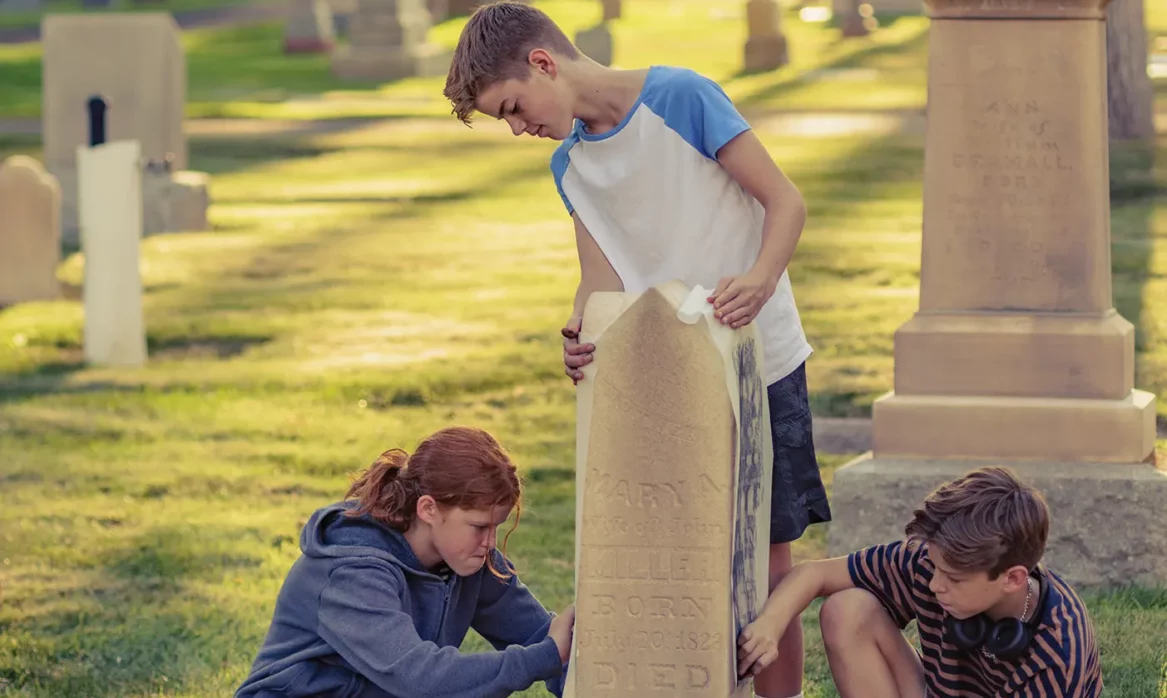Take time to have candid, caring conversations with loved ones.

In the not-so-distant future, the United States will undergo a significant demographic shift: more seniors over 65 than energetic youngsters. This phenomenon raises concern among experts who fear Americans are ill-equipped to care for aging loved ones adequately.
Caring for an aging parent or other loved one is a challenge that impacts nearly all families at one point or another. While it’s easy to shy away from talking about the impacts of age and illness, BYU School of Family Life associate director Jeremy B. Yorgason (BS ’97) says the best thing families can do is to have open and candid conversations regularly.
Yorgason suggests starting early: “Sometimes people shy away from talking with their parents about what types of care they’d like because it’s awkward and you don’t want to offend them, but it’s really great to know what they want and what you need to do to support them.”
Becoming a primary caregiver can be challenging and overwhelming, but it can also be meaningful and beautiful, says Yorgason, who’s spent much of his professional life researching family dynamics. The opportunity to offer pure Christlike love is both soul-stretching and soul-stirring, a vibrant element in the tapestry of mortality.
“The relationships developed when you become a caregiver can be a blessing and strengthen the relationships with the person you’re caring for,” says Yorgason. “Yes, it is hard and work, but it’s a special thing that can bring people together in ways that wouldn’t have happened otherwise.”
Yorgason highlights four crucial insights that every family member can embrace along the caregiving journey.
1. Stay in contact.
Having regular, heartfelt conversations with your aging family members is a lifeline to their well-being. Not only does it foster a close connection, but it also safeguards them from the clutches of common scams targeting seniors. And caring for a loved one isn’t a gender-specific role, says Yorgason. “We need sons and daughters involved in caring for their loved ones.”
2. Care for the caregiver.
Caregiving is both physically and emotionally demanding, says Yorgason, who stressed the importance of proper sleep and regular exercise for caregivers. Yorgason also underscores the significance of sharing this responsibility. “You don’t have to go it alone,” he says. “You want the help of friends, family, neighbors, and community.”
3. Create meaningful family moments.
As loved ones age, inquire about their hopes for the family’s future and any cherished traditions they wish to be continued. Yorgason says this is an important because it’s likely something they’ve already been thinking about. “Consider planning family gatherings where they can share messages to pass on to grandchildren and generations beyond,” says Yorgason.
4. Utilize community resources.
Numerous community services stand ready to assist caregivers. “Nearly every county in the U.S. has an Area Agency on Aging,” notes Yorgason. “Services like Meals on Wheels and caregiver support groups can be easily accessed through these channels, lending a helping hand when needed most.”
Feedback Send comments on this article to magazine@byu.edu.












